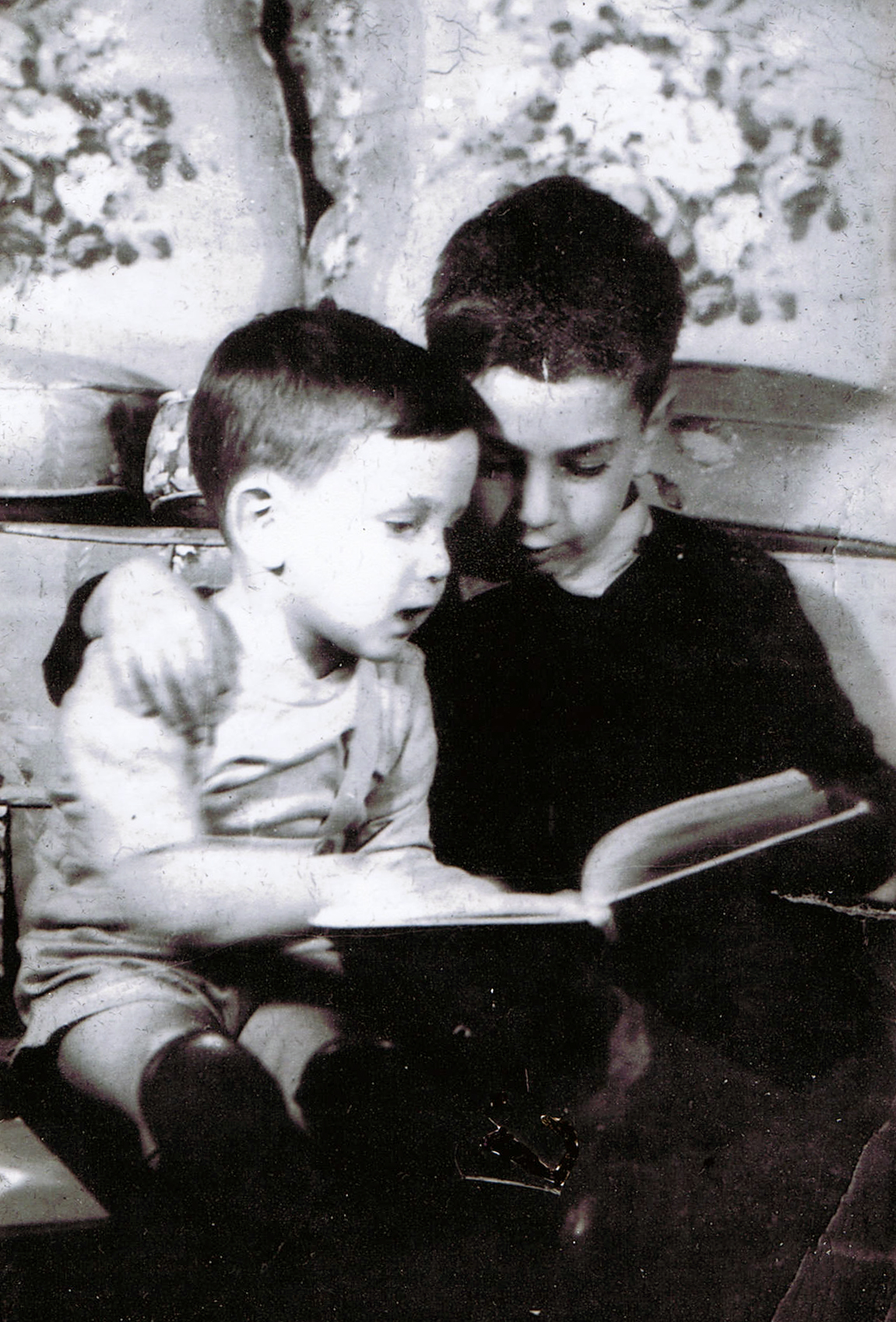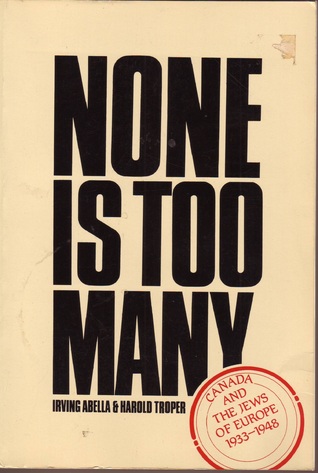On Tuesday nights at Terrace Gardens Retirement Residence in Toronto, the residents play Jeopardy. For the last 14 months of his life, renowned publisher Malcolm Lester was a regular participant in those games.
He was so dominant, his younger brother Brian Lester said, that the other residents wanted to ban him from playing.
“Although Parkinson’s was consuming him, his mind remained sharp as a tack. And for that I’m thankful. I don’t know how I would have coped, let alone Malcolm,” said Brian. “Up until the last few days, his mind was brilliant.”
Brian would continue to test his older brother’s wits until the end, and remained amazed at how quickly the latter’s mind worked. The last question Brian remembers asking Lester was to name the four Alfred Hitchcock movies that starred Jimmy Stewart, and Lester was able to answer in under 10 seconds.
Lester passed away on April 1 at age 83. He was best-known for establishing Canadian publishing as a player in the industry, both at home and abroad, and for promoting Canadian Jewish literature, such as the 1982 book None is Too Many about the relationship between Canada and European Jews before, during, and after the Second World War.

Lester grew up in Toronto and at one point was studying to be a rabbi in Cincinnati. When he fell sick with mononucleosis, Brian drove through a snowstorm to pick him up and bring him home. During his convalescence, he realized his true love was publishing, so he decided to quit rabbinical school to pursue his passion.
In January of 2021 friends and family raised enough money to put him up in Terrace Gardens for what would be his final year while he was undergoing long-term care for his Parkinson’s disease.
“The only complaint he had over the 14 months was that the roast potatoes were better than the mashed potatoes,” Brian said, a quip that was characteristic of Lester’s sense of humour.
But beyond his brilliant mind, people admired Lester most of all for his kindness.
“He was my brother for 79 years of my life. We never had a bad word. He was just a treat to be around,” Brian said.
Lousie Dennys was Lester’s business partner at Lester & Orpen Dennys, a Canadian publishing house. She later became one of his best friends, and was a core member of Malcolm’s Gang. She remembers Lester the same way as Brian.
“Loyalty and kindness and trust were part of his makeup… My first impression from the start is that he was gentle, he was mild in his demeanour… courteous,” Dennys said.
“But there’s no question, at the same time, that he was passionate about what he was doing. And it was that combination that really attracted to me, that he was completely dedicated and committed to books, and to this work, and to Canadian writers.”
Dennys said that both she and Lester made an effort to publish books that would move Canada forward, have a real impact on society, and better promote Canadian literature both within the country and to the rest of the world. Lester made it his life’s work to champion Canadian writers and Canadian writing—especially Canadian Jewish writing—and that passion propelled him to change the world of Canadian publishing.
“He had a vision for what he wanted Canadian readers to hear and understand. And he found the books and the writers,” Dennys said. “And then to work with them, to draw them out in terms of their ideas and their own commitment as writers to reflect those ideas and that vision of what was achievable here in Canada, why we needed to understand. He had a strong social conscience, and it was reflected in the hard work he put into finding, in particular, his Canadian Jewish books.”
Among those Canadian Jewish books was None is Too Many: Canada and the Jews of Europe 1933-1948, published in 1982 by historians Irving Abella and Harold Troper. Abella and Troper believed they had an important book on their hands, but they could not find a publisher for it. When they finally tried Lester, he leapt at the chance to publish their book.

“He saw the potential, and really saw the value to Canadians of having that story told,” Abella said. “Malcolm above all else was Jewish. And he felt passionate about the story, and felt that Canadians ought to know what their history was towards Jews. So it was something that he was going to publish automatically… it was about Canada and about Jews, and his interests in publishing were about Canada and about Jews.”
When None is Too Many was eventually published, a Toronto launch was held at Edwards Books on Queen Street West. The event was mobbed, and the copies sold out. Even though numerous publishers had rejected the book, its success proved that Lester “knew exactly what the reading public wanted,” Abella said.
On top of Lester’s other talents, including promotion, publishing, and marketing, Abella said Lester was also a “superb” editor. Abella said Lester was a thoughtful, patient, and close reader for his authors, who knew exactly what they were trying to say and could say it even better.
If there had been no Malcolm Lester, Abella believes the entire industry would have looked very different.
“Malcolm was the only one in the industry who was pushing for Jewish books. He was the only one who was publicizing them. He was the only one who was looking for authors about Jewish topics. He was the only one who was looking for Jewish readership. It was important for him,” Abella said.
Lester & Orpen Dennys closed down in 1991, but Lester stayed in publishing. Towards the end of his career, Lester opened up New Jewish Press, which focuses on Jewish non-fiction. Natalie Fingerhut, its current editor, says the imprint aims to publish books “grounded in empathy and inclusion but also willing to tackle pressing issues facing the Jewish community,” such as intermarriage and how the Israel/Palestine conflict plays out on university campuses.
“Malcolm believed in the power of words to both educate and inspire and I hope to continue to inject that kind of energy into our books,” wrote Fingerhut in an email. “I often heard Malcolm Lester referred to as a mensch: a man of honour. It is indeed a privlege to have the opportunity to continue his work at New Jewish Press. We will endeavor to publish books that honour his legacy.”
One of Lester’s final projects was the publishing of Siddur Pirchei Kodesh, which he collaborated on with Rabbi Yael Splansky of Holy Blossom Temple—which he rejoined as a member in the last years of his life.
In her eulogy for Lester, Rabbi Splansky spoke about how he was the “Godfather” who guided the project from start to finish with a masterful and respectful touch, and, in a way, reconnected with his much younger self who at one point was studying to become a rabbi.
“When Malcolm took on this siddur project he came full circle back to Jewish theology, Hebrew poetry, rabbinic commentary,” Splansky said. “It was a kind of homecoming for him. A capstone to his life as a Jew, who filled his eyes with words and his mind with the worlds they created.
“And now a very different kind of book, a sacred book, proudly sits on the shelf of the many, many books Malcolm brought into being.”
